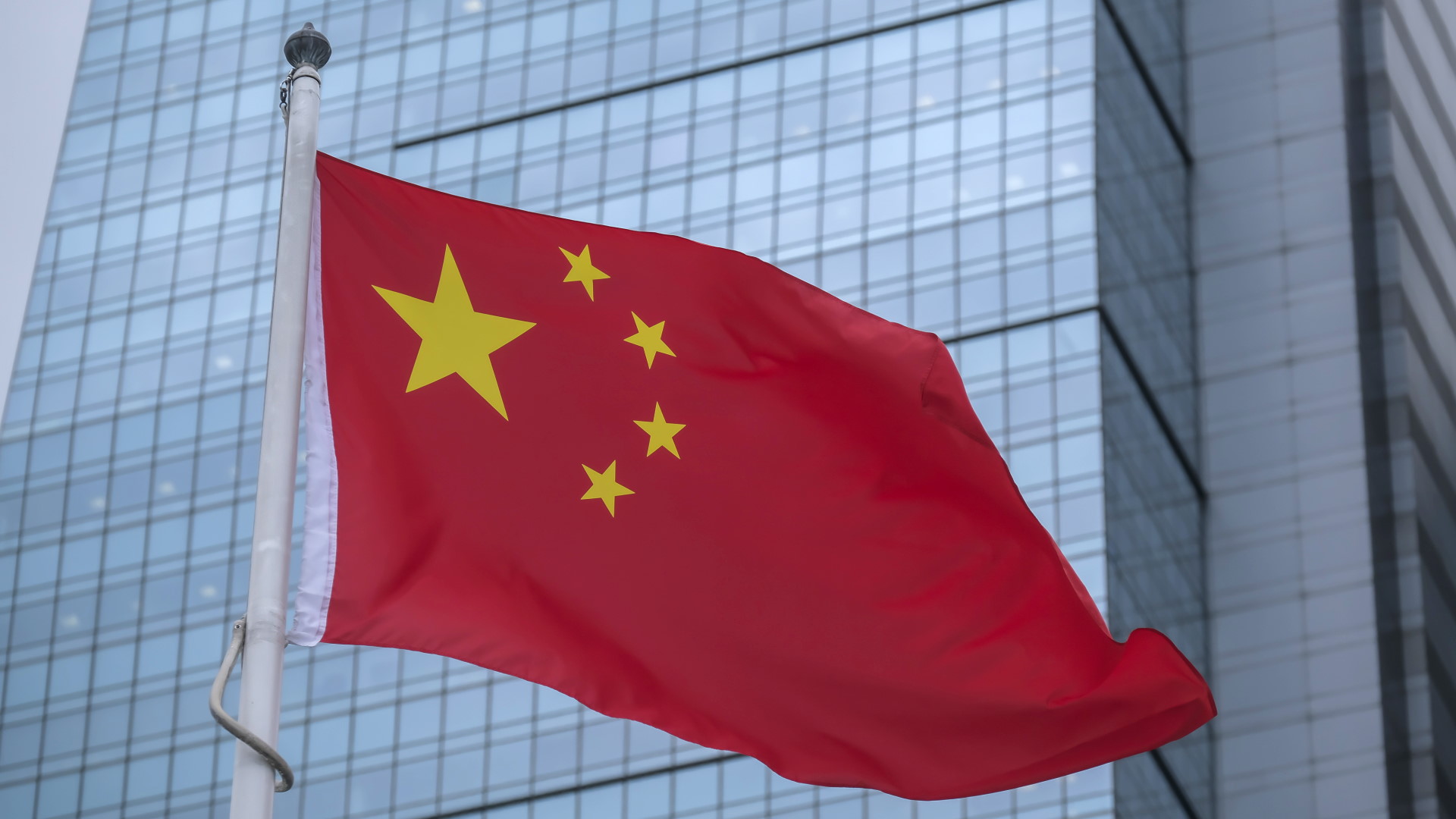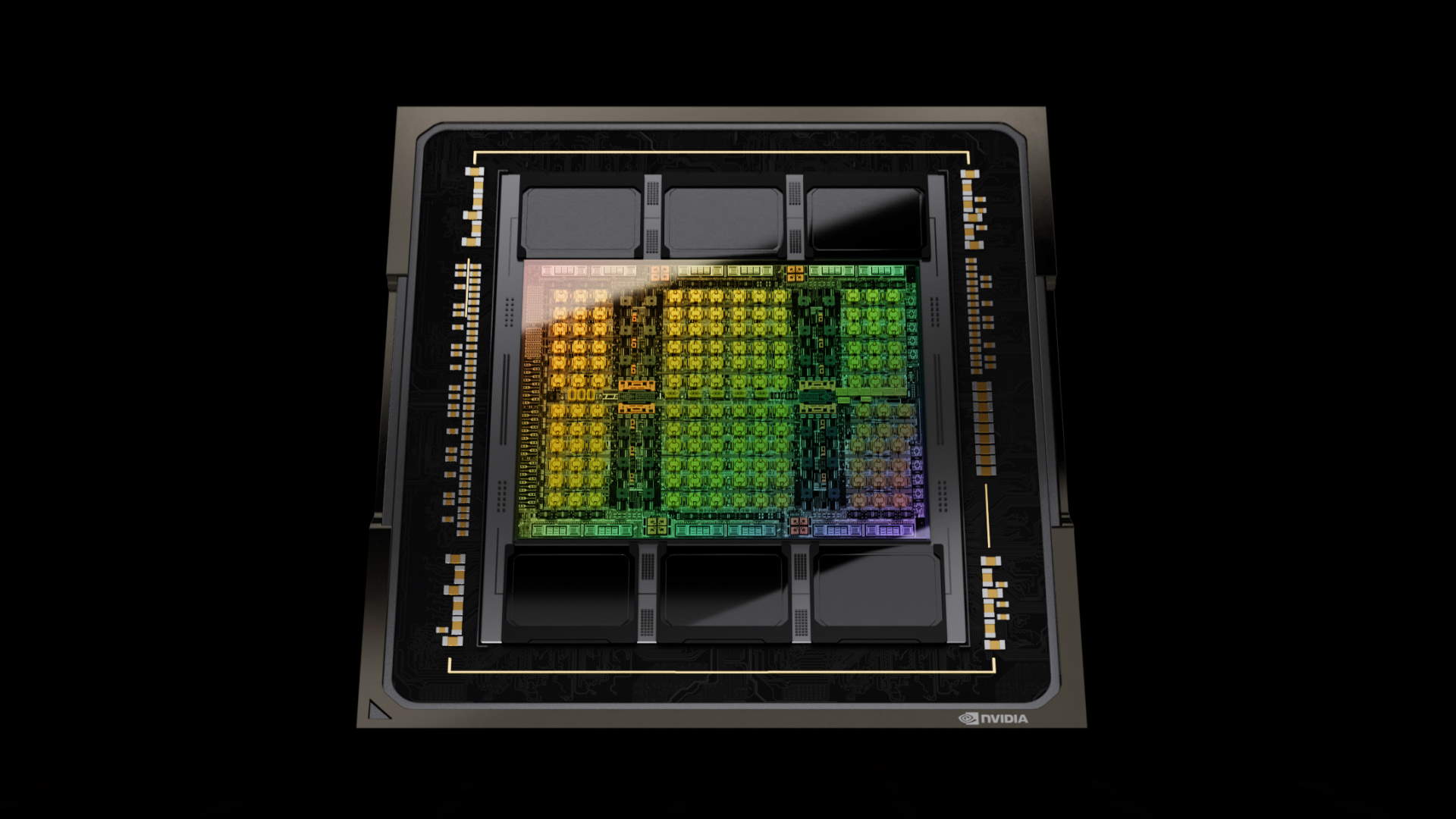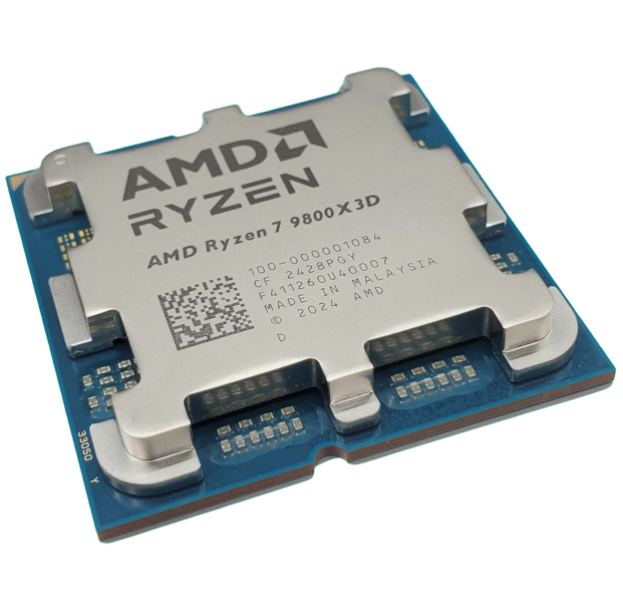China has reportedly told its data center operators to source more than 50% of their chips from domestic manufacturers in an effort to break away from US tech
What was once a local policy now appears to be nationwide.

Keep up to date with the most important stories and the best deals, as picked by the PC Gamer team.
You are now subscribed
Your newsletter sign-up was successful
Want to add more newsletters?

Every Friday
GamesRadar+
Your weekly update on everything you could ever want to know about the games you already love, games we know you're going to love in the near future, and tales from the communities that surround them.

Every Thursday
GTA 6 O'clock
Our special GTA 6 newsletter, with breaking news, insider info, and rumor analysis from the award-winning GTA 6 O'clock experts.

Every Friday
Knowledge
From the creators of Edge: A weekly videogame industry newsletter with analysis from expert writers, guidance from professionals, and insight into what's on the horizon.

Every Thursday
The Setup
Hardware nerds unite, sign up to our free tech newsletter for a weekly digest of the hottest new tech, the latest gadgets on the test bench, and much more.

Every Wednesday
Switch 2 Spotlight
Sign up to our new Switch 2 newsletter, where we bring you the latest talking points on Nintendo's new console each week, bring you up to date on the news, and recommend what games to play.

Every Saturday
The Watchlist
Subscribe for a weekly digest of the movie and TV news that matters, direct to your inbox. From first-look trailers, interviews, reviews and explainers, we've got you covered.

Once a month
SFX
Get sneak previews, exclusive competitions and details of special events each month!
The Chinese government has reportedly mandated that its domestic data center operators nationwide should source more than 50 per cent of their chips from domestic producers.
The mandate is said to have originated in guidelines proposed last March for the Shanghai municipality, which stipulated that “adoption of domestic computing and storage chips at the city’s intelligent computing centres should be above 50 per cent by 2025" (via the South China Morning Post).
According to the SCMP, a source working as an adviser in the data center industry told the outlet that the Shanghai chip quotas for the city's data centers had since become a mandatory nationwide policy.
In the great AI race, China is often viewed to be somewhat behind when it comes to computing power, despite efforts in recent years to build more than 500 new data centers across the country. Sources have told the SCMP that while Chinese chips are considered "usable" in inference training for AI models within these facilities, Nvidia chips are still the go-to choice.
While the US government has recently decided to grant licenses to Nvidia to sell its H20 GPUs to the country once more, a requirement of 50% or more all-Chinese chips would likely affect potential sales—although given the rate of expansion and the apparent popularity of Nvidia hardware in the country, I'd say it was still likely to shift a fair few units to Chinese shores.

The SCMP also reports that data centers are facing adaptation challenges in integrating Nvidia's hardware with domestic solutions. Nvidia's AI GPUs make use of Nvidia's CUDA software ecosystem, while Chinese models often use Huawei CANN or similar. Integrating the two together is apparently quite the technical challenge, particularly if firms wish to min/max the number of faster Nvidia chips they're allowed to use.
Despite these issues, it should be noted that Chinese developers were still able to create DeepSeek's AI models under previous chip restrictions, an open-source alternative that shook the industry considerably at the start of this year. While China may be behind in the hardware game, it doesn't appear to have held it back as much as advocates for the previous US sanctions may have hoped, with Nvidia CEO Jensen Huang openly praising the Chinese AI industry last month.
Keep up to date with the most important stories and the best deals, as picked by the PC Gamer team.
In reference to fears of the Chinese military advancing its tech with US AI hardware, Huang said:
"There's plenty of computing capacity in China already. If you just think about the number of supercomputers in China, built by amazing Chinese engineers, that are already in operation."
"They don't need Nvidia's chips, certainly, or American tech stacks, in order to build their military."
How much of China's current AI output is being trained and run on Chinese hardware, compared to US equivalents, is currently unclear. Still, this mandate looks to be an attempt by the Chinese government to put curbs on a potential future US tech dominance within its AI industry, and ensure that Chinese AI hardware remains at the forefront of its AI development.

👉Check out our list of guides👈
1. Best CPU: AMD Ryzen 7 9800X3D
2. Best motherboard: MSI MAG X870 Tomahawk WiFi
3. Best RAM: G.Skill Trident Z5 RGB 32 GB DDR5-7200
4. Best SSD: WD_Black SN7100
5. Best graphics card: AMD Radeon RX 9070

Andy built his first gaming PC at the tender age of 12, when IDE cables were a thing and high resolution wasn't—and he hasn't stopped since. Now working as a hardware writer for PC Gamer, Andy spends his time jumping around the world attending product launches and trade shows, all the while reviewing every bit of PC gaming hardware he can get his hands on. You name it, if it's interesting hardware he'll write words about it, with opinions and everything.
You must confirm your public display name before commenting
Please logout and then login again, you will then be prompted to enter your display name.

